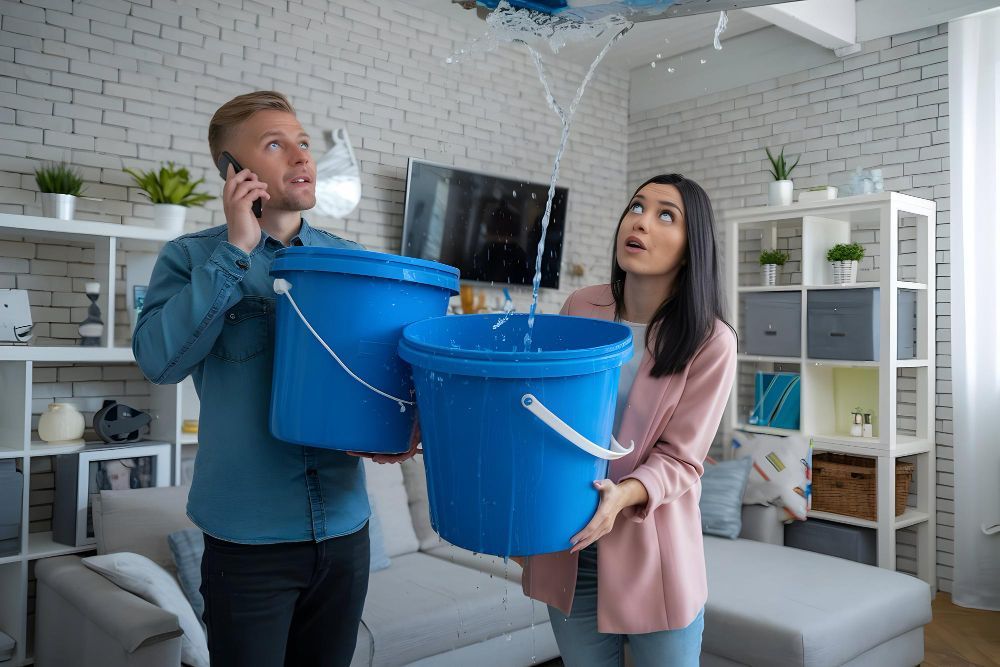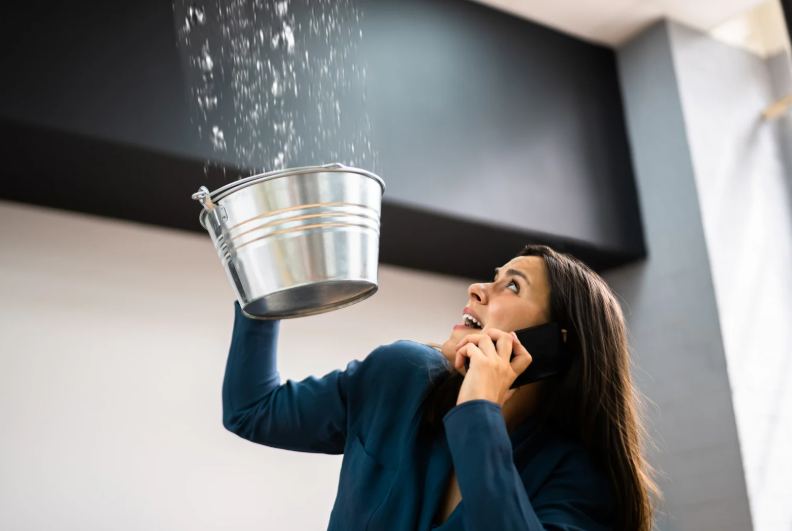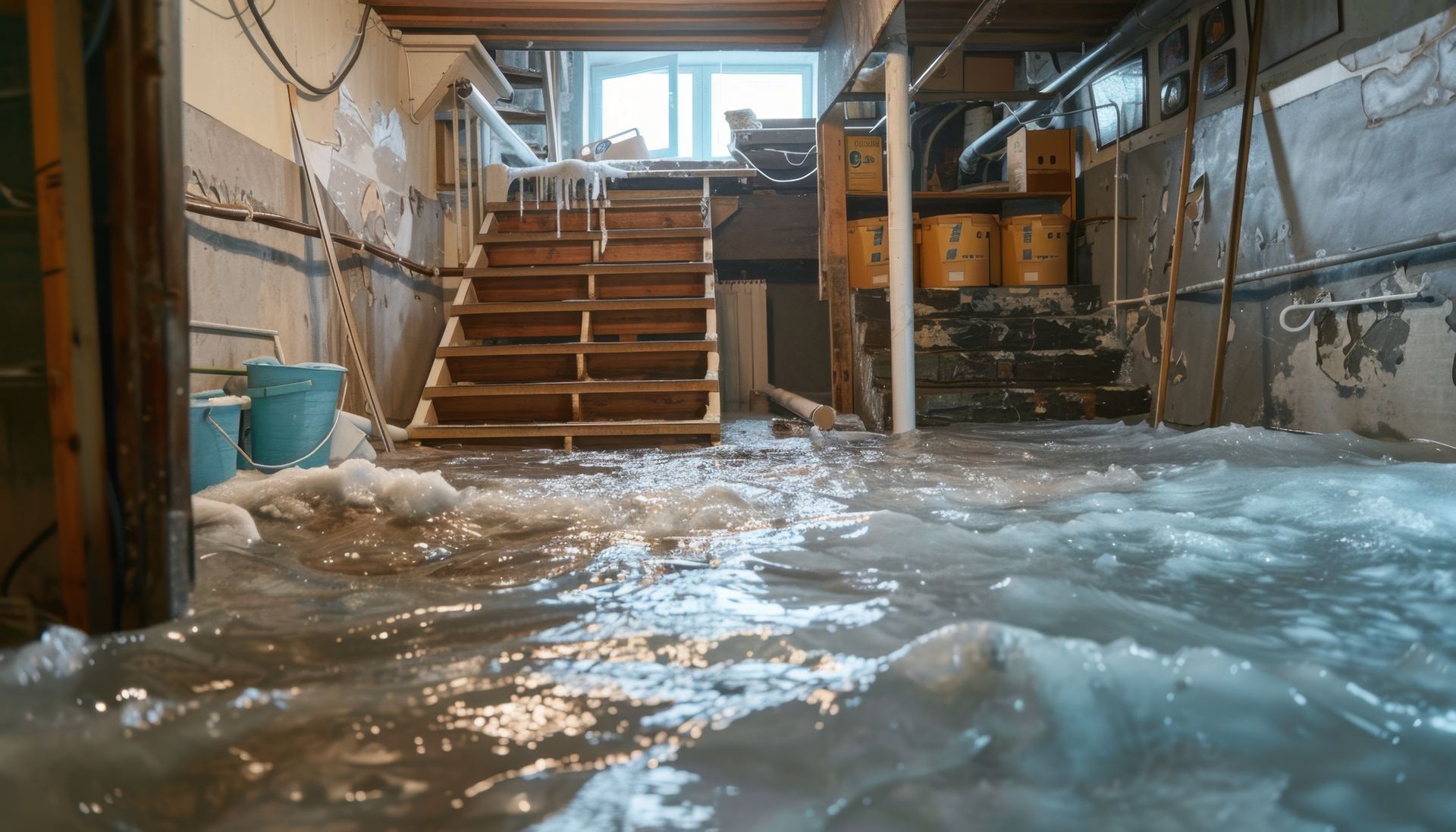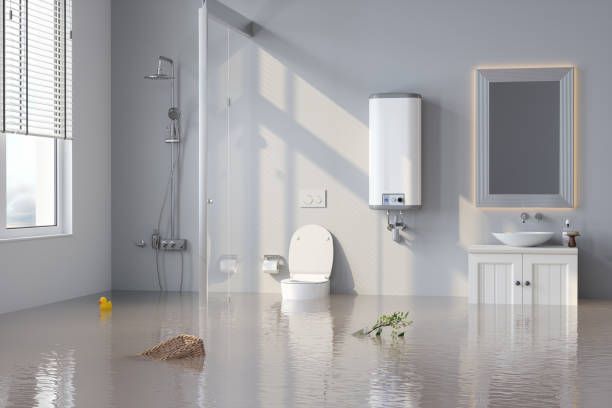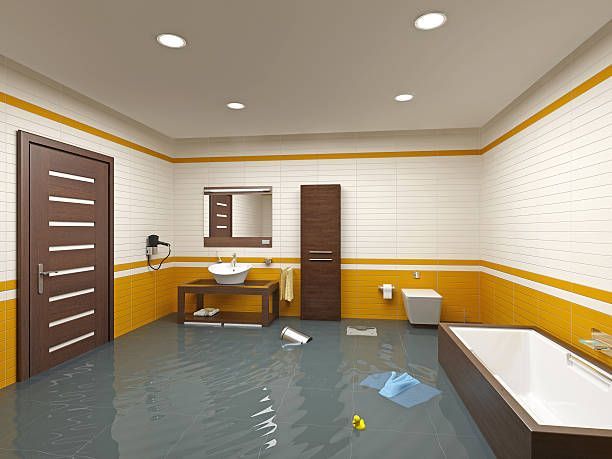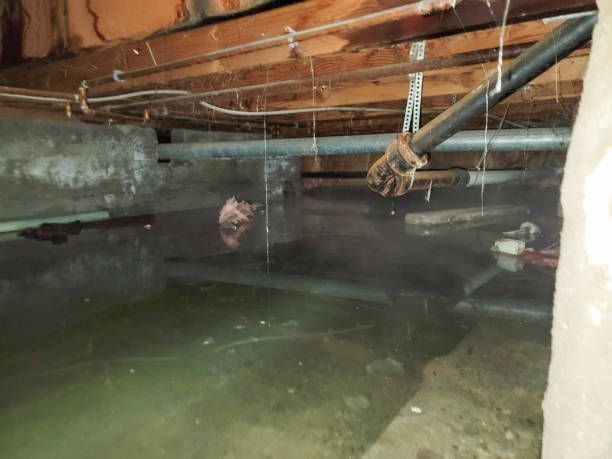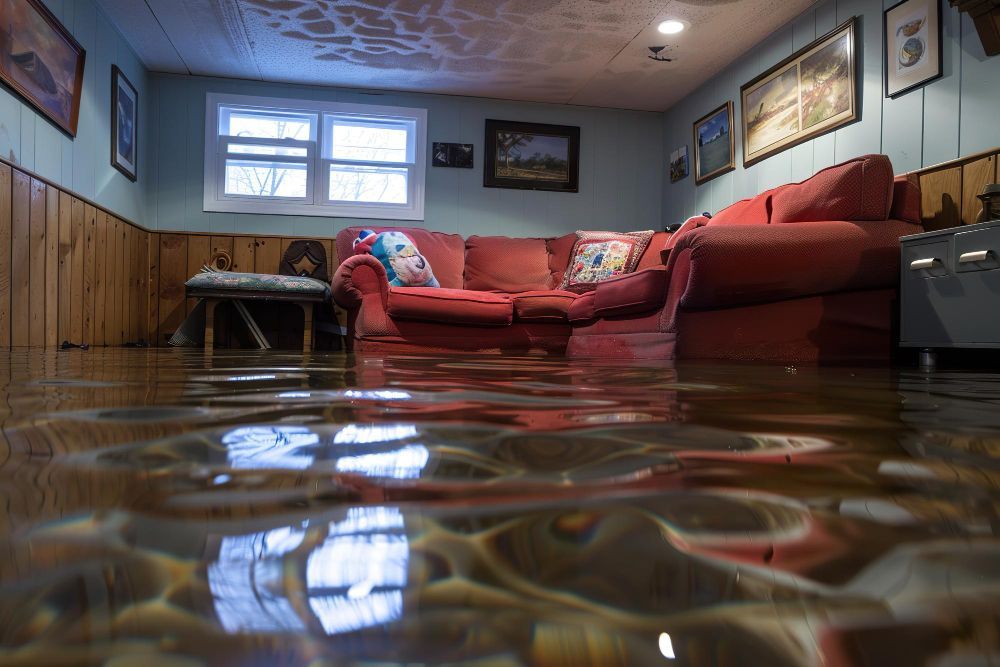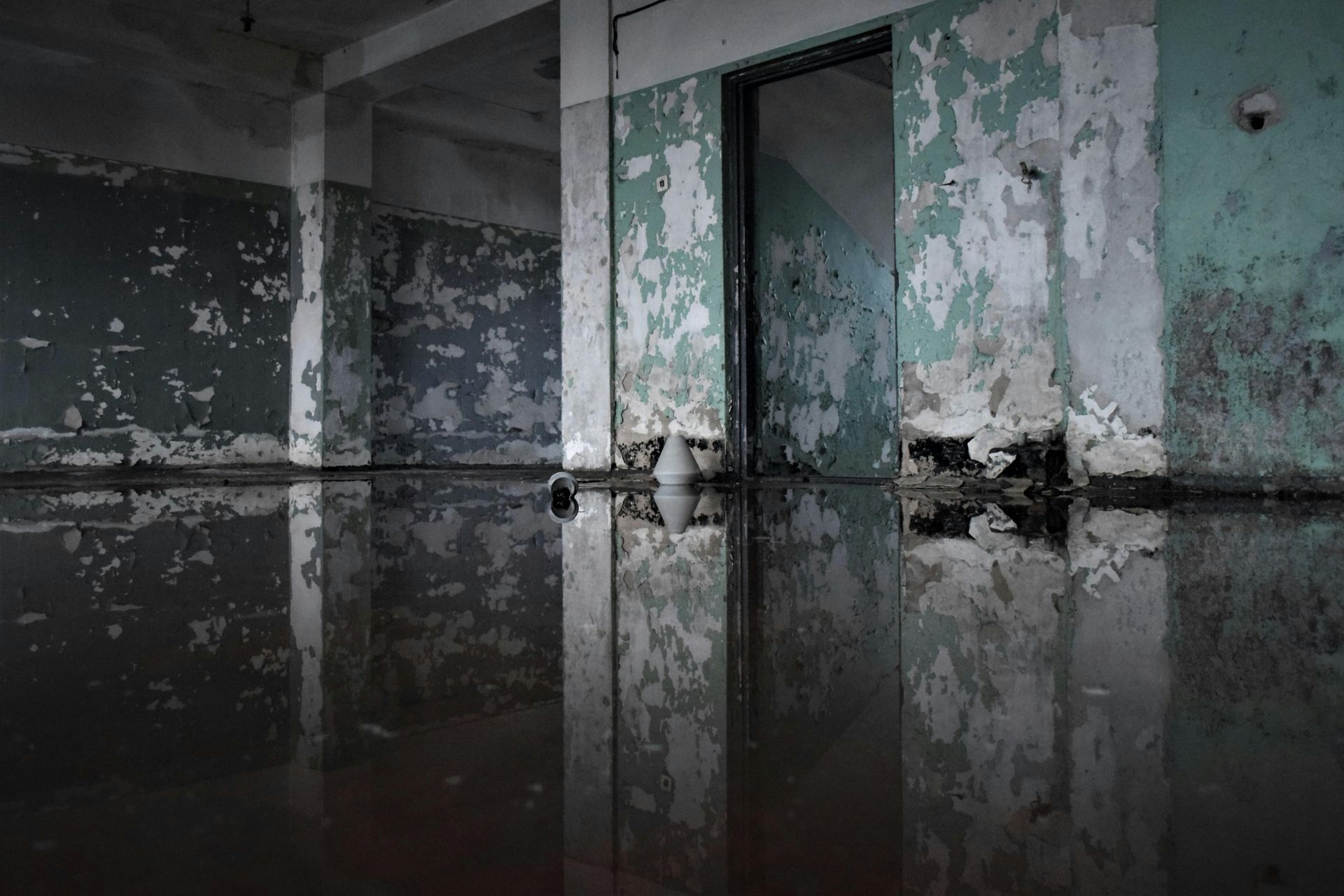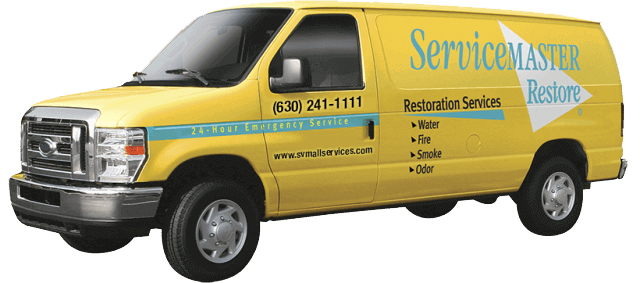Water Damage Restoration Saves Homes From Costly Repairs
Water damage restoration is an essential process that safeguards homes from severe and costly repairs that can arise after flooding, leaks, or storms. When water infiltrates walls, floors, and ceilings, it can weaken the structure, promote mold growth, and cause long-term deterioration that may go unnoticed until significant damage occurs. Prompt and professional water damage restoration ensures that moisture is removed efficiently, preventing further harm and maintaining the integrity of the property. By addressing water-related issues quickly, homeowners can avoid expensive reconstruction, preserve their belongings, and maintain a safe living environment. Investing in water damage restoration not only protects the physical structure of a home but also helps secure its value over time, making it a crucial step in responsible homeownership.
Rapid Response Limits Structural Damage
Water damage restoration begins with immediate action, addressing leaks, floods, or seepage before they compromise the structure. Quick response minimizes the weakening of foundations, walls, and flooring caused by prolonged moisture exposure. Professionals assess affected areas to determine the most critical zones requiring attention, deploying specialized equipment for water extraction and drying. Delaying restoration allows water to seep into hidden spaces, causing unseen damage that can later require expensive repairs. Timely intervention protects both visible and hidden components of a home, preserving safety, reducing repair costs, and preventing long-term deterioration that threatens the entire property’s stability.

Comprehensive Moisture Assessment
Water damage restoration includes thorough evaluation of moisture levels throughout the property, detecting hidden dampness in walls, floors, and ceilings. Advanced tools help identify areas where water has infiltrated, preventing mold growth and further structural decay. Understanding the full extent of water intrusion allows restoration teams to prioritize tasks efficiently and avoid overlooking critical zones. By assessing both surface and hidden moisture, homeowners can prevent recurring problems and costly damage. Comprehensive moisture assessment ensures that restoration efforts are complete, leaving the property dry, safe, and ready for repairs or remodeling while maintaining a healthy indoor environment for residents.
Targeted Water Extraction Techniques
Removing standing water is a crucial step in water damage restoration, preventing saturation that compromises building materials. Professionals use pumps, vacuums, and other extraction methods to efficiently eliminate excess water, targeting problem areas without damaging surfaces. Rapid water removal reduces the risk of swelling, warping, or collapse of wooden structures, flooring, and drywall. This process also prevents mold spores from proliferating in damp conditions, which can lead to health hazards and further repair expenses. Proper extraction ensures that homes are restored to safe, stable conditions quickly, limiting property damage and enabling follow-up restoration tasks to proceed effectively.
Controlled Drying and Dehumidification
Water damage restoration relies on precise drying and dehumidification to remove residual moisture from affected areas. Industrial-grade dehumidifiers and air movers are deployed to speed up evaporation, preventing mold growth and structural weakening. Controlling humidity levels within the home protects walls, floors, and furniture from further deterioration. Without proper drying, hidden moisture can persist in insulation, subfloors, or behind walls, causing unseen problems that escalate repair costs. By monitoring moisture levels continuously, restoration professionals ensure a complete drying process. Controlled dehumidification is critical to long-term stability, reducing health risks and preventing recurring water damage issues.
Mold Prevention and Remediation
Water damage restoration addresses the serious risk of mold growth caused by excess moisture. Mold can spread quickly, damaging surfaces, compromising air quality, and creating health concerns. Professionals implement strategies to prevent mold proliferation, including drying, cleaning, and applying antimicrobial treatments when necessary. Early intervention reduces the need for extensive remediation and helps maintain a safe living environment. By addressing potential mold threats as part of restoration, homeowners can avoid costly repairs, protect indoor air quality, and preserve the integrity of structural elements. Proactive mold control is an essential aspect of responsible water damage restoration.
Early Mold Detection
Identifying mold growth at an early stage is crucial to preventing extensive damage and serious health risks. During water damage restoration, regular and thorough inspections help uncover hidden mold that might otherwise go unnoticed. Detecting these problem areas promptly allows restoration professionals to implement targeted cleaning, drying, and remediation measures. This proactive approach not only safeguards the structural integrity of the home but also maintains healthy indoor air quality, ensuring a safe living environment for all occupants.
Moisture Control Techniques
Controlling moisture is a crucial step in preventing mold from spreading throughout a home. Effective water damage restoration focuses on thoroughly drying all affected areas, including hidden spaces where water may have seeped. Professionals use industrial-grade dehumidifiers and air movers to remove excess humidity while continuously monitoring moisture levels. Maintaining these controlled conditions not only discourages mold growth but also protects structural elements and ensures a safe, healthy environment for residents, reducing long-term damage and repair costs.
Surface Cleaning and Treatment
Mold can settle on walls, floors, and furniture. Restoration professionals clean and treat these surfaces with antimicrobial agents to eliminate existing mold and prevent new colonies from forming, preserving the integrity and safety of the property.
Structural Protection
Mold can compromise the strength of wood, drywall, and insulation. Through careful remediation and preventive measures, water damage restoration maintains structural integrity, ensuring that homes remain safe, durable, and resistant to future mold-related damage.
Health and Safety Assurance
Mold exposure affects respiratory health and overall well-being. Incorporating mold prevention into water damage restoration safeguards occupants, improves indoor air quality, and provides homeowners with peace of mind while protecting the property from costly repairs.
Salvaging and Protecting Belongings
Water damage restoration not only focuses on the home’s structure but also on personal belongings, furniture, and important documents. Quick removal of water and controlled drying prevents permanent damage to valuable items, minimizing loss. Restoration teams prioritize items that can be cleaned and restored, including electronics, fabrics, and wooden furniture. Protective measures, such as temporary relocation or specialized cleaning, help ensure items retain their function and appearance. By combining structural repair with personal property protection, water damage restoration safeguards both the home and its contents. This approach reduces financial loss and helps residents recover quickly after an incident.
Long-Term Home Preservation
Effective water damage restoration is a proactive investment in the home’s long-term durability and value. Addressing water intrusion comprehensively prevents recurring issues, structural decay, and mold-related health problems. Restoration work strengthens building components, ensures proper moisture control, and maintains a stable, safe environment for residents. By investing in professional restoration, homeowners avoid escalating repair costs and extend the life of their property. Long-term preservation includes monitoring, preventive measures, and follow-up inspections to guarantee that homes remain resilient against future water damage. Consistent care through restoration protects both the physical and financial aspects of homeownership.
Conclusion
Water damage restoration is essential to protect homes from escalating repair costs and long-term structural issues. Timely intervention not only preserves the integrity of walls, floors, and foundations but also prevents mold growth and other health hazards. Investing in professional restoration ensures that your home remains safe, secure, and comfortable, while minimizing financial loss caused by untreated water damage. For homeowners in Lisle, IL, ServiceMaster Restoration Services offers expert water damage restoration services designed to address emergencies quickly and efficiently. Contact us at (630) 241-1111 to schedule an assessment or request immediate assistance, ensuring your property is restored with care and precision.

